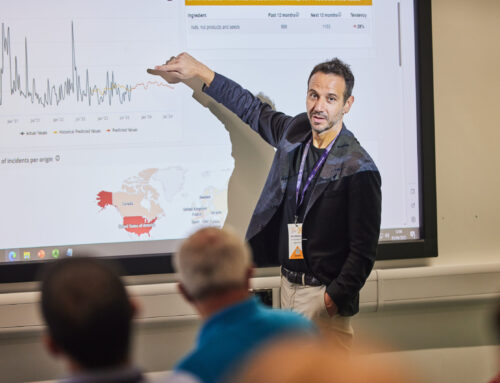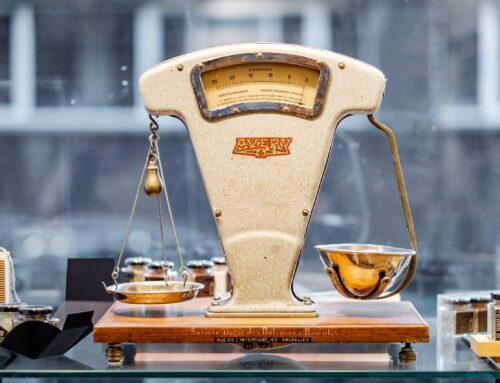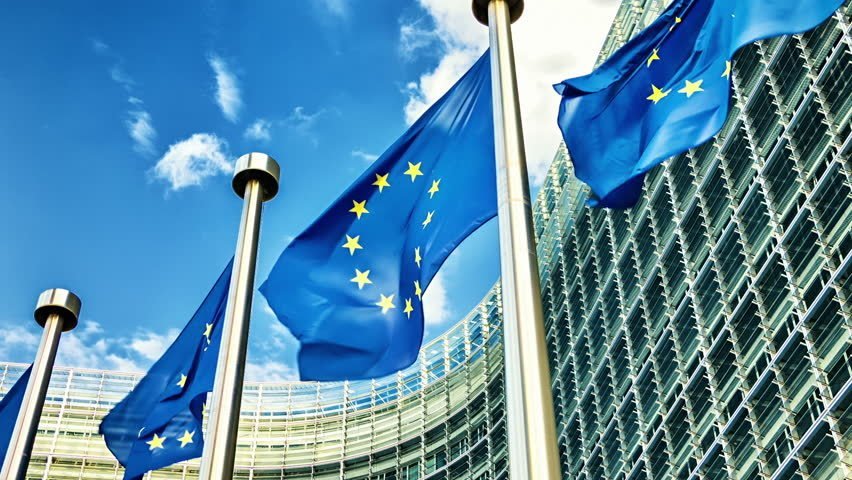
How do European officials working on agriculture and food topics deal with the emerging data revolution in the sector? How can they be aware of the recent developments in a way that may inform their thinking? And how can they respond to the community needs by appropriately shaping the policy programs and support instruments?
This was the topic of a meeting that took place in Brussels on September 30th, 2016. The meeting was organised by the Big Data Europe project, in collaboration with the Global Open Data for Agriculture and Nutrition (GODAN) initiative. The Food and Agriculture Organization (FAO) of the United Nations and Agroknow, being the Big Data Europe partners responsible for the food and agriculture sector, worked together with the Institut National de la Recherche Agronomique (INRA) in order to invite to the meeting representatives from the European Commission (EC) DGs and a select group of community stakeholders.
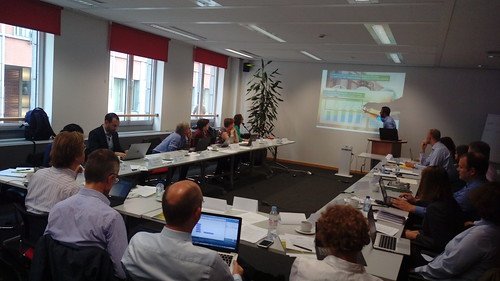
The meeting aimed to share recent developments in the agri-food community (such as the Chania Declaration and the GODAN-endorsed activities on creating a data ecosystem). One of the key discussions was around how the community intends to build a common roadmap for the data infrastructure elements that the agri-food sector needs (covering aspects such as physical structures, software, standards, and governance). The event also gave the opportunity to EC representatives (from DG AGRI, DG CONNECT, DG RTD implenting the Food2030 Agenda, as well as the teams of the European Union Data Portal from the EC’s Publication Office) to share with the community representatives recent developments of interest to our sector.
The agenda has been organised around three main themes:
1) Towards a Data Ecosystem, where presentations and discussions took place around how the creation of a common, shared data ecosystem for food and agriculture can be catalysed.
2) Scientific Communities & Open Research Data, where scientific stakeholders presented data infrastructure views and initiatives on the topic, from both Europe and internationally.
3) Data-powered Tools & Services, where participants presented relevant global and regional infrastructural components for data management and data sharing.
All meeting presentations are available online.
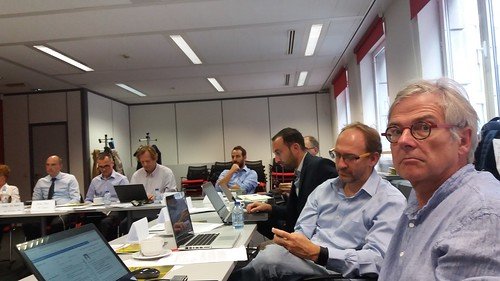
The meeting concluded with a lively discussion and brainstorming session, which indicated some clear priorities that all participants found essential:
- Convening mechanisms for making these consultations systematic (and seeing if the EC can also build the case for further systematic investment); also to help align the technology investments (avoiding duplication).
- Developing new incentives and business models for data sharing (think of automated mechanisms besides “stick and carrot” incentives).
- Focusing on the work still needed on interoperability and standards, especially on demonstrating impact and collecting use cases and stories to more clearly understand what is needed / missing; think of evolution of standards into Standards-as-a-Service.
- Developing of shared, common data infrastructure services (data and service registries, big data processing and analytical components, etc.) and agreed reference datasets (as standards and for learning mechanisms).
In this meeting, Agroknow’s was heavily represented with Nikos, Pythagoras and Panagiotis. In his intervention, Nikos talked about the way in which Europe can be positioned in the global context, focusing on the role that it could play as a leader of the upcoming data revolution. This built upon the arguments recently published in our corresponding position paper “Can Europe lead a data revolution in agriculture & food?“. We are looking forward in taking the discussion further!


